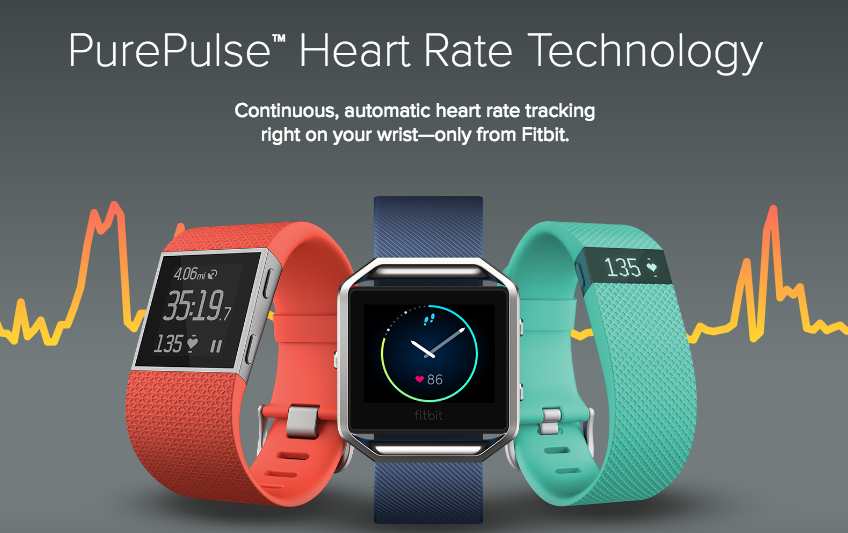The Lawsuit Saying Your Fitbit Tracker Is a Scam Now Has Supporting Data

By:
Is Fitbit bullshit? That's what the members of a class-action lawsuit against the fitness trackers claim, and they've commissioned a study by California State Polytechnic University that appears to back them up, NBC reports.
 Fitbit - fitbit.comResearchers found that during activities like jumping rope, climbing stairs, and running, the device miscalculated heart rates by as much as 20 beats per minute. The study participants were 43 adults wearing Fitbit's PurePulse heart rate monitors, Surge watches, and Charge HR bands. Researchers used an electrocardiogram to compare results with the Fitbit devices.
Fitbit - fitbit.comResearchers found that during activities like jumping rope, climbing stairs, and running, the device miscalculated heart rates by as much as 20 beats per minute. The study participants were 43 adults wearing Fitbit's PurePulse heart rate monitors, Surge watches, and Charge HR bands. Researchers used an electrocardiogram to compare results with the Fitbit devices.
 Fitbit - fitbit.com
Fitbit - fitbit.com
Filed in January, plaintiffs from California, Colorado and Wisconsin allege that Fitbit's Charge HR and Surge watches don't actually count every single heartbeat during intense exercise, the Verge reports.
In a statement to ATTN:, Fitbit representatives quickly dismissed the findings of the study as biased.
“What the plaintiffs’ attorneys call a 'study' is biased, baseless, and nothing more than an attempt to extract a payout from Fitbit. It lacks scientific rigor and is the product of flawed methodology. It was paid for by plaintiffs’ lawyers who are suing Fitbit, and was conducted with a consumer-grade electrocardiogram – not a true clinical device, as implied by the plaintiffs’ lawyers. Furthermore, there is no evidence the device used in the purported 'study' was tested for accuracy." — Fitbit
Previous studies have produced favorable results for Fitbit.
Consumer Reports, which had given Fitbit devices high ratings for accuracy in the past, retested some Fitbit models after the lawsuit was filed. Researchers tested a man and woman on a treadmill with chest strap electrocardiogram monitors and wrist monitors. They found that both the Charge HR and Surge Fitbit models were "very accurate," according to their website.
